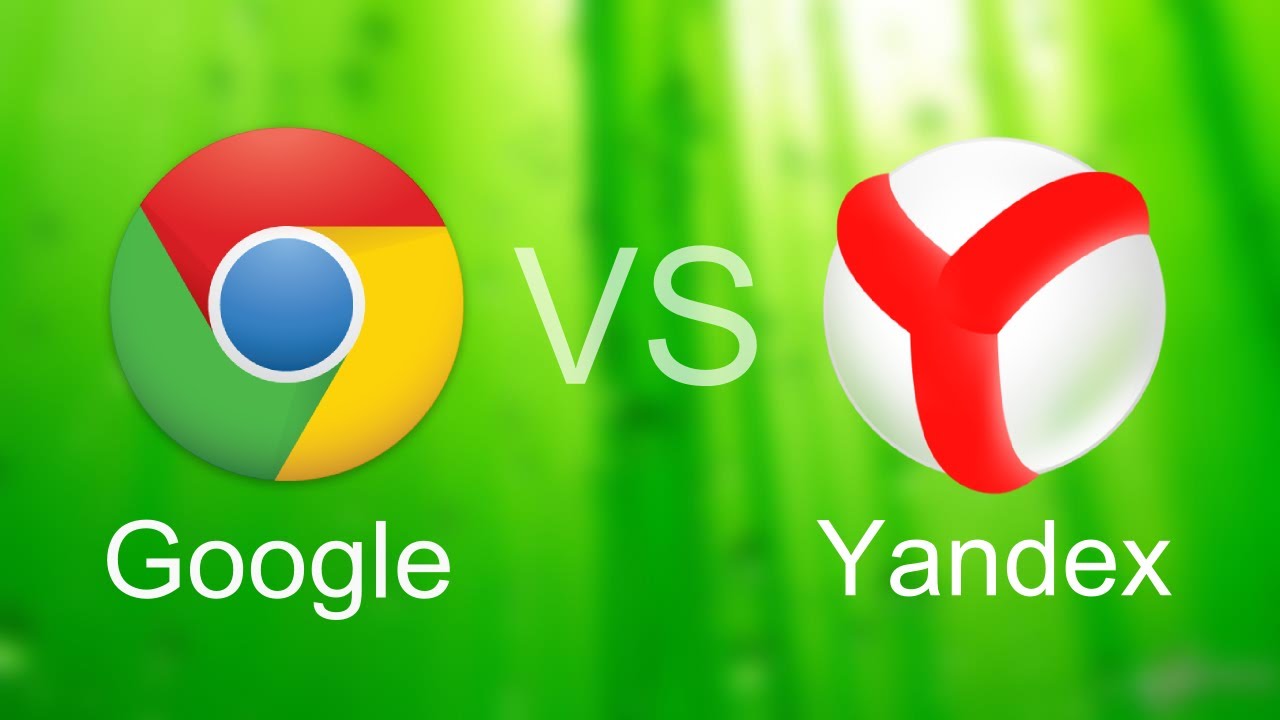
Gecko, SpiderMonkey, WebKit (on iOS only)ĭave Hyatt and Blake Ross began working on the Firefox project as an experimental branch of the Mozilla project. WebM, Ogg Theora Vorbis, Ogg Opus, MPEG H.264 (AAC or MP3), WAVE PCM Mozilla Foundation and the open source community PDF viewer natively supported (without plugin) more features than Google Chrome such as thumbnails, page numbers, page navigation Web browser, Feed reader, Mobile web browser Windows, OS X, GNU/Linux, Android, iOS, Firefox OS (Unofficial ports to BSDs, Solaris, OpenSolaris, illumos, IBM AIX, HP-UX, UnixWare) No (but based on the open source Chromium browser) Microsoft quickly fixed the mistake after it was discovered.Free under Google Chrome Terms of Service In 2013, the software company was fined 561 million euros (about $732 million at the time) for failing to include the browser ballot for over a year in Windows 7 Service Pack 1.

Google's Chrome now has approximately 50 percent market share in Europe, according to measurement firm StatCounter.Įven as Chrome's market share was growing, Microsoft didn't stay out of trouble. What's worse for Microsoft, archrival Google has watched its market share soar in the browser space. It proved to dismantle Internet Explorer, which now has anywhere from 18 percent to 25 percent market share in Europe, depending on the data-analysis tool used. The move was designed to increase competition. When Microsoft inked the deal, the European Union argued that Microsoft's grip on the browser market was too tight, pointing to the software's 70 percent market share. Microsoft did not immediately respond to a request for comment. Microsoft encourages customers who want more information about web browsers or want to download another browser to do so by visiting the websites of web browser vendors directly." "The obligations imposed by the decision have now expired and Microsoft will no longer maintain this website. "This website was created by Microsoft in accordance with a decision issued by the European Commission in December 2009," Microsoft wrote on its EU Browser Ballot site.


In 2009, after an ongoing debate with the European Union over whether Microsoft was unfairly competing in the browser market by bundling Internet Explorer with Windows and not offering any other option, the parties agreed to what became known as a "browser ballot." Under the terms of the deal, Microsoft would give European Union consumers the option to choose which browser they wanted to use, rather than simply bundle Internet Explorer in Windows and force them to go out on the Web to use competitors, like Mozilla's Firefox or Google Chrome.

The European Union has officially lifted its requirement on Microsoft to offer Windows users their choice of Web browsers.


 0 kommentar(er)
0 kommentar(er)
